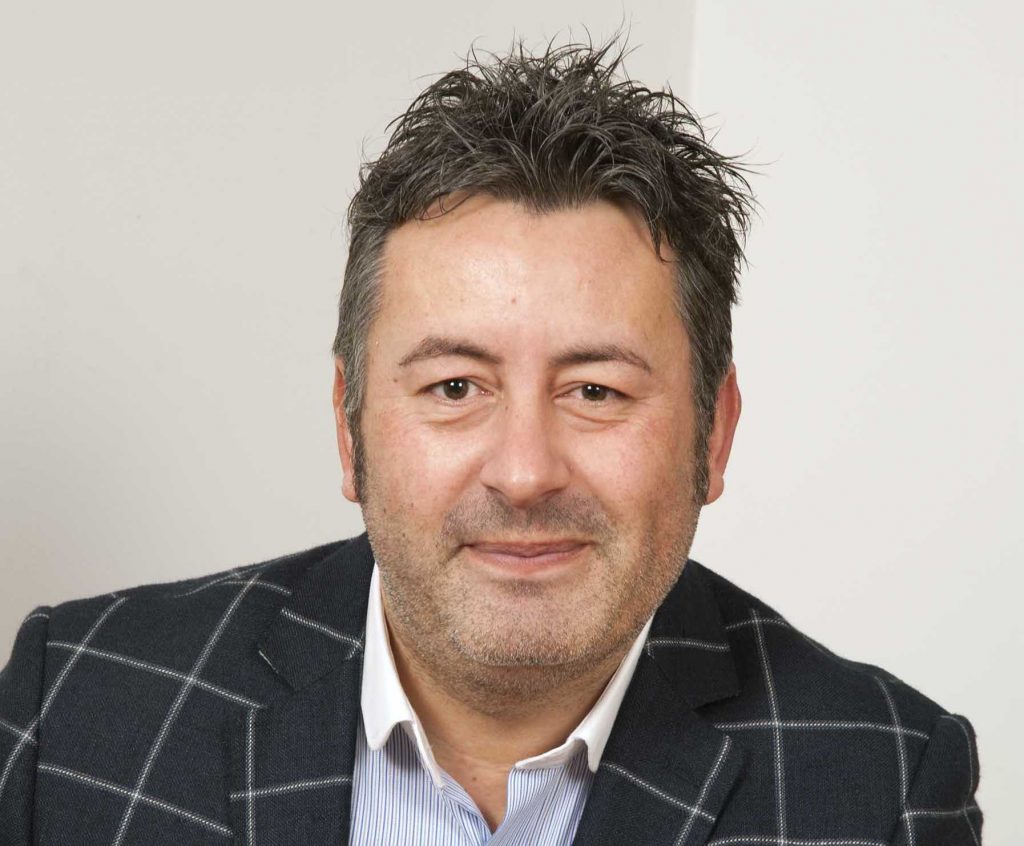
A pledge of commitment by BiFab owner DF Barnes to all three Scottish yards “can only be good news”, but the company will have to build a significant order pipeline, an offshore wind industry representative said.
Despite the announcement of large scale redundancies last week, DF Barnes, an oil and gas fabrication firm from Newfoundland, pledged a “long term commitment to supporting all three yards at Arnish, Burntisland and Methil”.
Alan Duncan, director of offshore wind consultancy, Scotia Supply Chain, believes this can only be viewed as a positive, but that BiFab will have to win the next two major contracts up for grabs.
He said: “I know it seems a bit tough at the moment with redundancies, etc, but it can only be good news. I think it will come back, I think they will start investing, they will start hiring but they’ll have to build up a bit of a pipeline.
“As an outsider looking in I think it’s just more of a case of taking stock. I can only speak from an offshore wind point of view, but if you’re looking around the UK there’s not a huge amount of foundation orders up for grabs. If you look through the pipeline a lot of the later offshore wind farms have already been announced. It kind of makes sense to me that they’d be taking stock.
“The positive is that of the contracts still up for grabs – essentially there’s two – both are in Scotland and they’re both for jackets. I would see that as a positive because there’s nothing in the UK at the moment driving towards monopoles and wouldn’t be the business that BiFab would be going after.
“Moray East Offshore Wind Farm have still to decide on jackets and Neart Na Gaoithe (NNG) down here in Fife. I think Moray East would be the next one up for placing orders, as it were, but I don’t know if DF Barnes has made progress on that front.”
Although winning the EDP Renewable’s Moray East and EDF Energy NNG contracts would be a major step forward for BiFab, Mr Duncan also believes the company will need to invest heavily in skills, staff and premises if it has a hope of competing with larger European firms for contracts.
He said: “I know that DF Barnes is doing a lot of engagement with customers, developers, Scottish Enterprise, etc, but Bifab is going to have to get into serial manufacturing if it wants to compete against Smulders of Belgium or Bladt from Denmark, not making ones and two’s but forty and fifty [structures] at a time. Bifab is absolutely going to have to invest in facilities.
“They’re going to be on the hook, they’ll need to significantly invest and they’re going to have to bring resources over from Canada to train.
“Looking at Europe, in my opinion that’s going to be a longer term play for BiFab, they’ve got to crack the domestic market and I think it’s going to be difficult for them to make a proposition that would compete in the Dutch market or German markets at the moment. Their play really should be in the UK market.
“The probability of large contracts coming along in offshore wind in the near future doesn’t seem to be viable as they’re just aren’t large projects, only two. There’s a little bit of a gap in the market. I don’t think that there’s a game plan here I think there’s just genuinely taking their time.”